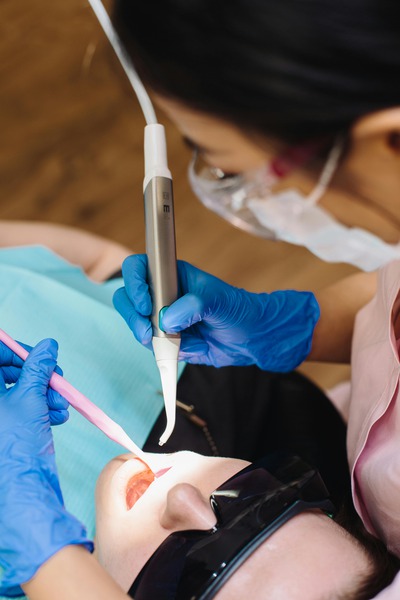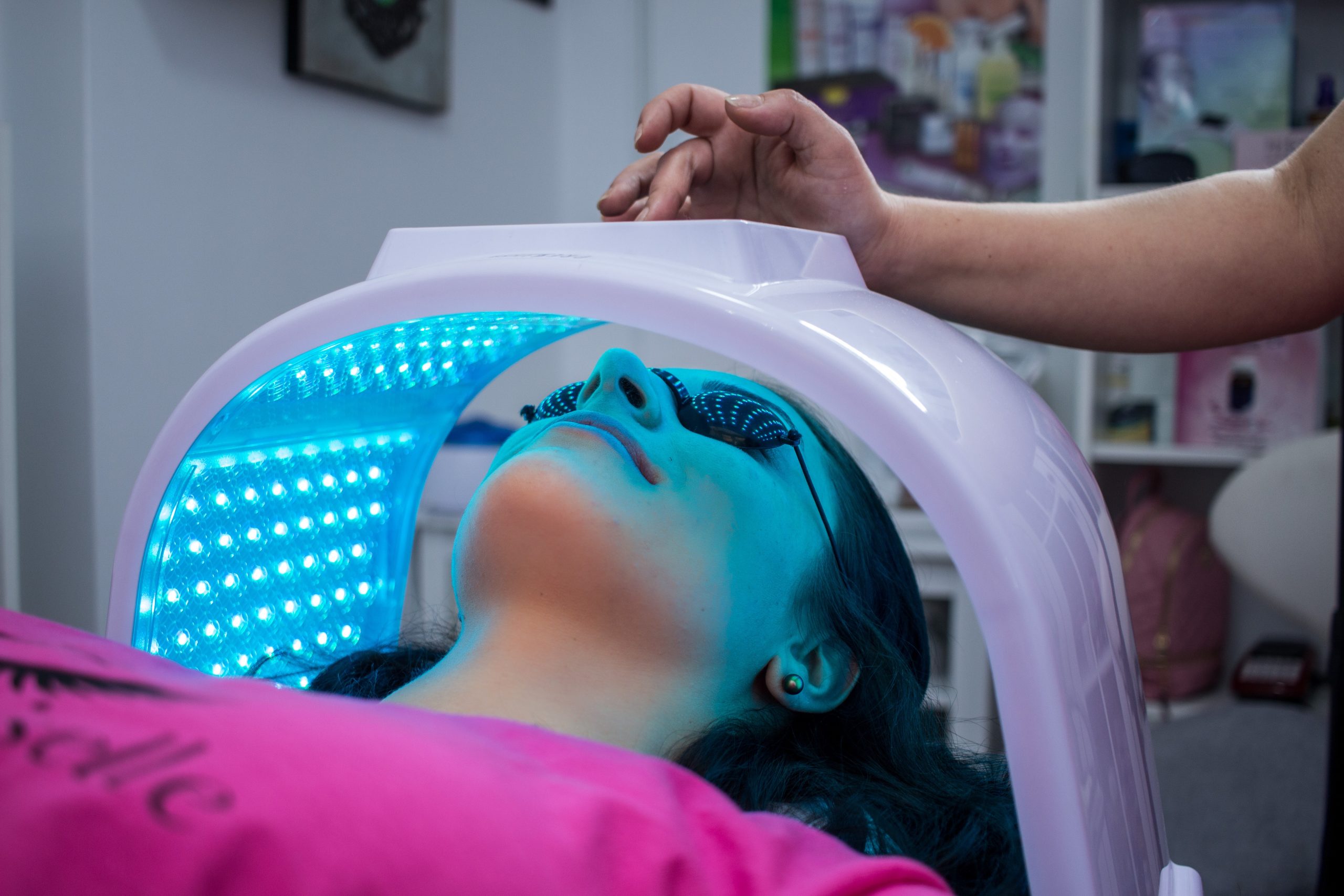Visiting the dentist for the first time can be a journey into the unknown. It’s natural to feel a mix of curiosity and apprehension. Understanding what awaits can turn those butterflies into a sense of preparedness and calm.
Arriving at the Dentistry Office
Your initial encounter with the dental clinic sets the tone for your visit. The ambiance of the waiting room and the friendliness of the reception staff can help alleviate any nerves. Here, you’ll likely fill out paperwork that includes your dental history and insurance information.
Meet and Greet With Your Dental Professional
After the preliminary paperwork, your first face-to-face interaction will be with the dentist or a dental hygienist. This meet-and-greet is an excellent opportunity to discuss your dental history and concerns and to set the framework for your visit.
Comprehensive Oral Examination
The cornerstone of your first visit is the thorough oral assessment performed by the dentist. This examination goes beyond just looking at your teeth. It includes:
-
Evaluation of gums, tongue, and soft tissues
-
Assessment of bite and jaw joint health
-
Detection for any signs of oral diseases or tooth decay
This comprehensive overview builds the foundation for your personalized dental care plan.
Professional Teeth Cleaning
Professional teeth cleanings are a fundamental part of maintaining oral health and are typically performed during a dental check-up. Dental hygienists are trained to thoroughly clean your teeth, which includes the removal of plaque and tartar (calculus), which can accumulate even with regular brushing and flossing.
This buildup, if left untreated, can lead to tooth decay and gum disease. Having your teeth cleaned professionally not only contributes to the health of your mouth but also enhances the aesthetics of your smile.
-
Plaque and tartar removal: Over time, plaque—a sticky film of bacteria—can harden into tartar, which is much more difficult to remove with a regular toothbrush. A dental hygienist uses specialized tools to gently and effectively clean these substances off your teeth.
-
Prevention of dental issues: Regular professional cleanings can help prevent the development of cavities and periodontal disease, keeping your teeth and gums healthy in the long term.
Benefits Beyond Cleanliness
A professional teeth cleaning does more than just polish the teeth’s surfaces. The process can also play a significant role in the diagnosis of oral health issues. Hygienists are often able to detect early signs of problems that might not yet be causing any symptoms.
Moreover, the cleaning session provides an opportunity to learn proper oral hygiene techniques and to discuss any concerns about your dental care routine.
-
Early detection of dental problems: Issues like minor tooth decay, early signs of gum disease, or damage from bruxism (teeth grinding) can be spotted by a hygienist during the cleaning process.
-
Educational opportunity: Dental hygienists can offer personalized advice on brushing techniques, flossing, and other aspects of dental care to improve your daily routine and oral hygiene.
Routine professional teeth cleaning is a key investment in your dental health. It leaves your mouth feeling refreshed, contributes to your overall health, and can keep you smiling confidently. By scheduling regular dental cleanings, you are taking a proactive step in preserving your oral hygiene and preventing future dental complications.
X-Rays or Imaging
In some cases, the dentist may recommend x-rays or other imaging to get a complete picture of your dental health. This step is especially important for detecting issues that aren’t visible to the naked eye, such as impacted teeth or jawbone problems.
Discussion of Dental Health
With the exam and potential x-rays completed, your dentist will discuss your current dental health. This is the time to ask questions, address concerns, and understand any recommended treatments or procedures.
In this conversation, topics such as cosmetic dentistry vs. general dentistry might arise, especially if you’re looking for ways to enhance your smile as well as maintain its health.
Treatment Plan Presentation
Should any dental issues be noted during your visit, the dentist will propose a treatment plan. This plan will outline:
-
The steps to address immediate dental concerns
-
Long-term preventative measures
-
The schedule and sequence for any necessary procedures
This plan is not set in stone and can accommodate your comfort level and budget.
Dental Care Options
Dentistry today offers a wide array of procedures to both fix dental issues and improve the aesthetics of your smile. Your dentist might mention procedures like bonding crowns or even explore the benefits of porcelain veneers for your smile.
Preventative Care Tips
Education is a crucial part of the first visit. Expect to receive personalized tips on the following:
-
Brushing and flossing techniques
-
Dietary advice for optimal dental health
-
Products that can help maintain oral hygiene
This guidance is tailored to keep your teeth and gums healthy between visits.
The Next Steps for Dental Health
Before you leave, you’ll discuss the next steps, such as scheduling your next check-up or the start of any treatments. Don’t hesitate to express any preferences or concerns about future visits. Regular appointments are key to a healthy smile, so feeling comfortable with the process is important.
If a full smile transformation is on your agenda, your dentist might provide information about services like a smile makeover in Bethlehem, as an illustration of comprehensive cosmetic care.
To End
Your first dental visit is a fundamental step in establishing a relationship with your dentist and paving the way for a lifetime of healthy smiles. Remember to follow through with the personalized care plan, schedule future appointments, and brush up on those oral hygiene practices for lasting dental wellness.





